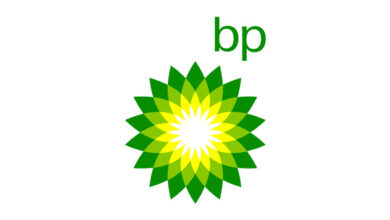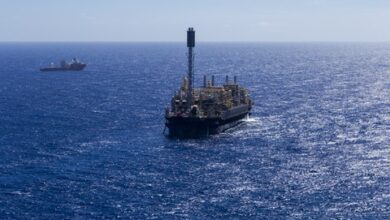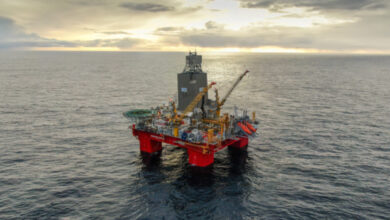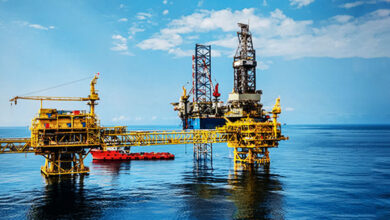Deloitte and NASA bring space-age risk management to oil and gas industry
In a move designed to bring advanced risk-management capabilities to America’s energy industry, the Deloitte Center for Energy Solutions and the NASA Johnson Space Center have entered into a strategic alliance to offer services, such as operational risk-management, to oil and gas companies.
“Activities like deepwater drilling, undersea production and pipeline operations all face the same kind of ‘black swan’ events that pose a threat to space exploration,” said David Traylor, a principal at Deloitte & Touche LLP. “Ultimately, proactively identifying and mitigating low-probability yet high-impact events can save lives, resources, money, reputation and environmental disruption.”
Deloitte and NASA will jointly offer a range of services in the quickly evolving risk-sciences arena, such as risk modeling and simulation, to help oil and gas companies eliminate blind spots in their decision making. Such services apply sophisticated risk-modeling and simulation tools and techniques, like Bayesian networks and agent-based modeling to reduce uncertainties in engineering and operations at oil and gas companies – in much the same way NASA has done with its space program.
As part of NASA’s 135th and final space shuttle mission, for example, it used risk-modeling and simulation techniques to evaluate the potential risk scenarios of using a Soyuz spacecraft to rescue a stranded crew from the International Space Station – with no backup shuttle capability. This process identified risks linked with the Russian vehicle and helped drive a decision to extend crew time on the space station.
“NASA is a leader in applying risk strategy to highly complex systems that operate in extremely demanding environments, while Deloitte is a leader in providing valuable professional services to oil and gas companies,” said veteran astronaut William “Bill” McArthur Jr., director of Safety and Mission Assurance at the Johnson Space Center. “Energy companies facing catastrophic consequences from low probability risks will now have a range of tools and techniques to minimize the probability of these risks and improve their overall safety culture.”
Deloitte and NASA also expect that oil and gas companies will find Deloitte’s risk-sensing services valuable in emerging risk identification – a set of complex tools and techniques, like precursor analysis and event-occurrence trending, to highlight changes in risk likelihood.
NASA used these techniques when it was having problems with the space shuttle’s attitude-control thrusters, which could limit the ability to control the position of the shuttle while in orbit. Because the thrusters could not be tested on the ground, precursor analysis was used to determine leading indicators and surrounding events preceding thruster usage – allowing the space agency to resolve the problems before future missions.
Deloitte and NASA’s offerings will also include what Mr Traylor calls “dynamically improving risk-management techniques,” such as artificial-intelligence tools applied to remote decision-support systems.
In addition, Deloitte and NASA will offer services aimed at helping oil and gas companies measure and monitor the effectiveness of their risk culture among their employees and contractors – enabling them to detect whether their work environments and processes are increasing the likelihood of a risk occurring.




